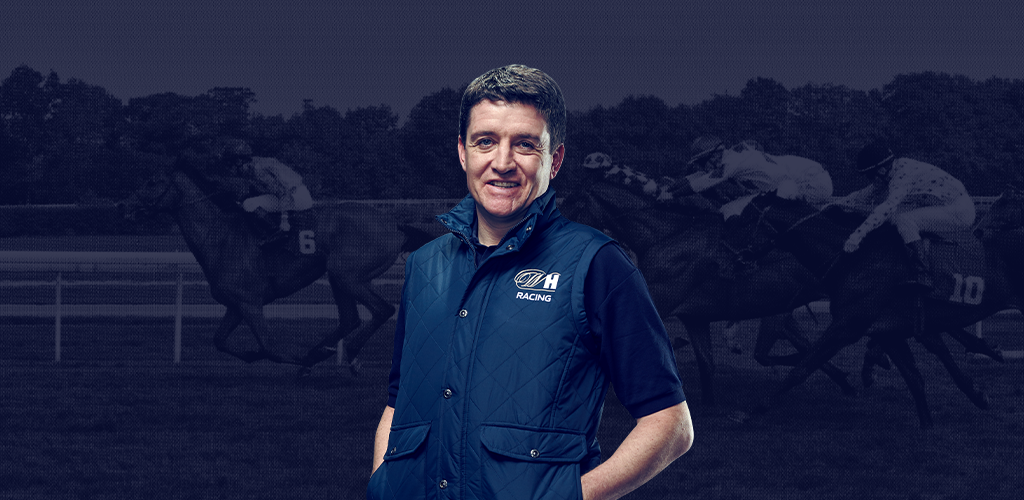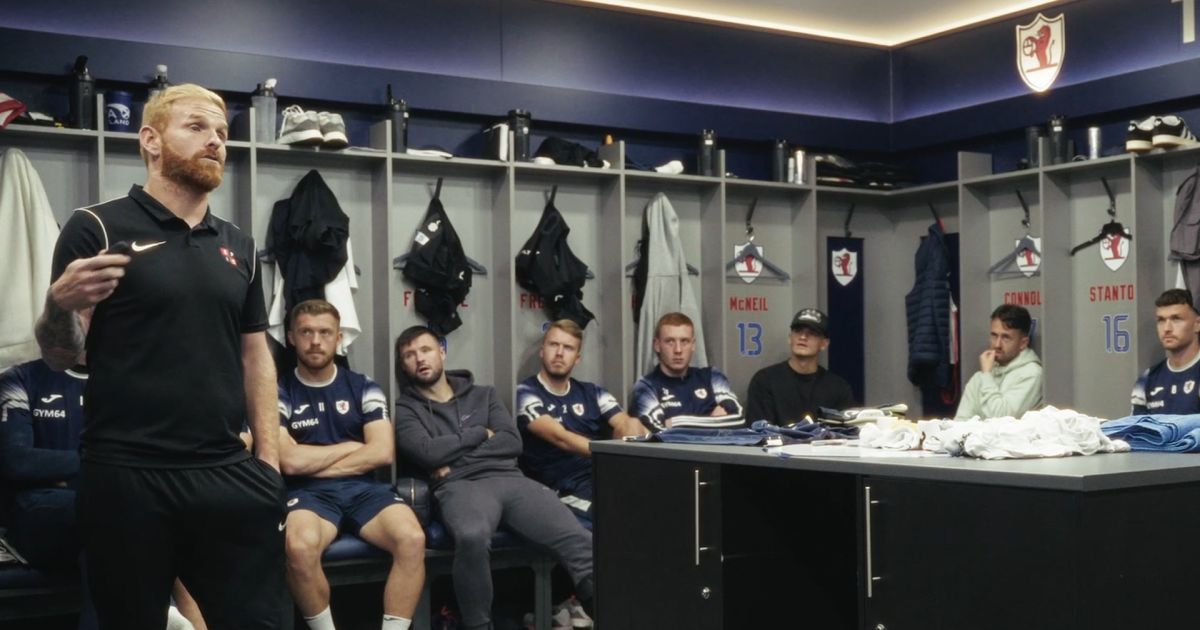Sports integrity officers are a bit like referees or boxing judges - you only really notice them when something goes wrong. There's been plenty of high-profile fixing scandals in recent years: from cricketers bowling no-balls on-demand to Asian syndicates killing pitch floodlights at halftime to save a losing bet.
As group director of security at William Hill, it's essentially my job to stop this from happening. Because make no mistake, match-fixing hurts us, and it hurts our customers.
There's a perception that bookies don't care about fixing. That we get our cut, regardless of which side wins. But that's plain wrong. We have to make sure our markets are fair. Because if our customers don't believe that's the case, they simply won't bet with us. Think about horse racing - a sport that's intrinsically linked with betting. If there's no trust that racing is clean, you'd quickly reach a point where no one bet and no one would watch.
Besides, most of us joined betting operators because we love sports, and we want to see them played honestly.
So how do we do that? I've been at Hills for nearly 15 years, and the industry has come a long way in its ability to spot the unusual and make events and games safer. And it all starts with our traders. They are the front line in this fight.
They are constantly assessing their market and the bets coming in. Are prices moving away from our models? Is a customer betting the same niche outcome repeatedly? Of course, there's some art here. Individual sports generally require a closer eye. Maybe a horse is getting backed heavily because it's the NAP of the day in the Sun, or perhaps a football teams' star striker has picked up an injury in warmups. But, if a price is moving unusually and there's no obvious explanation, that's when we alert the International Betting Integrity Association (IBIA) and potentially suspend the market.
The IBIA will then ask its members worldwide: 'Are you seeing similar patterns on this event?'
That gives us an aggregate view of the market, which is so much more potent than one operator alone trying to work out what's going on.
From there, the IBIA can escalate the issue further to the relevant gambling regulator and the sports governing body.
As you can see, there's a lot of links in the chain. But that's a feature, not a bug. One of my big successes at Hills has been establishing intelligence-sharing agreements with sports governing bodies. All parts of the sports and betting ecosystem want to stamp out match-fixing, and we've all become a lot better at communicating between ourselves to do just that. Sports have come a long way, too, from sharing data, to educating players about the risks.
Unfortunately, Match-fixing is never going away entirely. They say speculation is old as the hills. Well, so is cheating. While there is money to be made and humans involved, criminals will be trying to tamper with them. But with technology, the expertise of our traders and open communication between stakeholders, our customers can play safely in the knowledge that win or lose; they had a fair crack of the whip.








